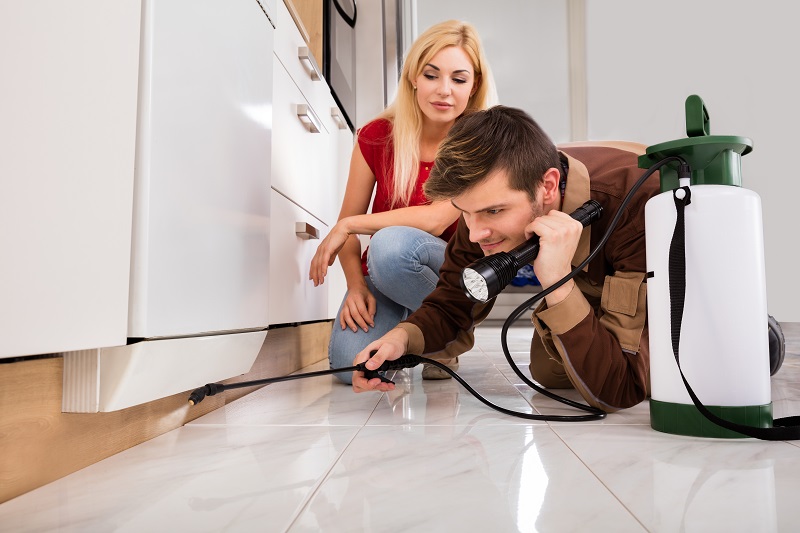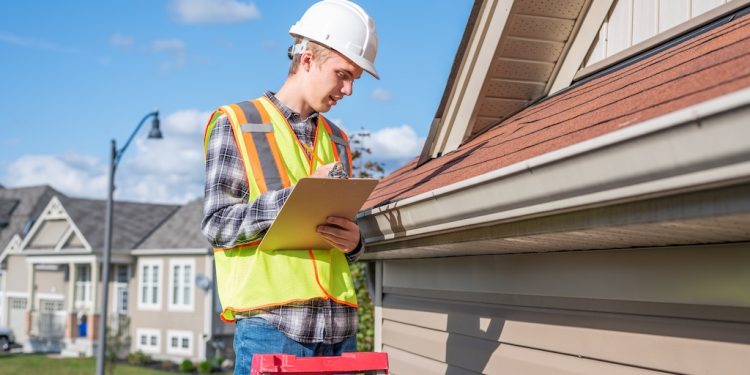Buying a house is one of the most significant decisions in your life. In order to get the best deal possible, it is essential to carefully approach every stage of the buying process, no matter whether you search for houses for sale in Corpus Christi or Malibu.
From choosing the right neighborhood to negotiating with the sellers, you need to understand each stage of a house buying process clearly. One of the necessary stages is a home inspection.
If you plan to buy a house anytime soon or are in the middle of the buying process, you should be aware of the things to consider before finalizing your offer. Below, you will find a list of 11 things to check during the home inspection, ranging from inspecting the roof, attic space, and basement to checking the foundation, HVAC systems, floorings, and appliances, among other things. Read on and make sure your future home is safe!
Check the Roof
The first step of the inspection should be to check the roof. You will have to look for any signs of damage or leakage, as well as check the attic space for moisture and mold. The roof will be one of the most expensive repairs or replacement tasks, so it is better to find out about possible problems with it as early as possible.
Make Sure the Attic Space is Ventilated
The next step is to check the attic space. It is best to have it ventilated for proper air circulation in order to prevent moisture build-up and mold growth. If you see that the attic has been sealed or insulated, be sure to get it checked.
Check the Basement for Leaks
A basement is a part of every house, and it can be the source of many problems. As with the other areas of the house, you will want to make sure there are no signs of leaks or moisture damage in the basement. You should also inspect the flooring and the walls for mold or moisture stains.
Have a Look at the Foundation
The foundation is one of the most critical parts of the house, as it is responsible for holding up its entire structure. So, you will definitely want to have it inspected before finalizing your offer. Make sure it is not cracked or damaged in any way. It is also essential to check the crawl space for any signs of leakage, water damage, or mold.
Inspect the HVAC Systems
The HVAC system is one of the essential systems in the house. So, checking it first thing is necessary. Make sure the furnace, air conditioner, or boiler is not leaking and that all filters are clean. You should also make sure there are no signs of mold or mildew on the system. Check out this home buyer’s guide on hvac inspection for more details.
This is especially important when buying a home built between 1970 and 1990, as these systems may need updates to meet current building codes. If there is a problem with any of these systems, it may cost you a lot to fix them.
Check the Flooring
Next, you will want to inspect the flooring. You want to look for any signs of wear or damage in the carpets, tile floors, hardwood floors, and everything else. You should also keep an eye out for pests like termites, cockroaches, ants, and rodents that can cause extensive damage if left unchecked.
Make Sure All Appliances Work Correctly
Appliances will usually be a very expensive part of your house repair or replacement budget. Therefore, it is crucial to make sure they all work correctly before closing the deal with the sellers. You will need to make sure that each appliance is clean and that there are no signs of water damage or excessive wear and tear. Be sure to ask about warranty information, as well.
Don’t Forget About the Windows and Doors
When you are inspecting your future home, don’t forget about windows and doors. These are especially important when buying a house built before 1980, as these parts must meet minimum energy efficiency standards. They also tend to be among the most expensive replacement tasks when needed, so make sure they are in good condition before you move in.
Use Your Ears and Eyes! Listen and Look
Listen for noises from pipes or appliances and look for anything unusual – things like cracks in walls or floorings, etc. The best way to do this is by walking around the house with your inspector and following their advice. This will also give you ample time to ask questions about anything you find strange or out of place.
Don’t Forget About Safety
In order to ensure that your future home is a safe place for you and your family members, it is essential to check if it has smoke detectors well as carbon monoxide detectors installed and working correctly.
This may seem like common sense, but they are often overlooked and forgotten until something happens – such as a fire or leak due to carbon monoxide poisoning. So, make sure to put them on your checklist if they are not already there.
Inspect the Building Materials Closely

Finally, you will want to do a very close inspection of the building materials used in your future home. Pay particular attention to wood materials like shingles, floorboards, and wooden frames. Inspect them for any discoloration or warping and report any issues you find to your home inspector or real estate agent. If you notice any problems, you may want to ask for a discount from the sellers.
The Bottom Line
As you can see, there are many things to inspect when buying a house. As with everything else, it is essential to do your own research and know exactly what to look for. Also, try to find an inspector who is experienced in dealing with different types of houses and one who has been in the business for a while and will be able to recognize the signs of possible problems.
Some of the above things may sound simple, but it is much easier to spot a problem when you know what to look for. So, don’t forget to use your checklist and make sure you have checked everything off before you sign the papers!






